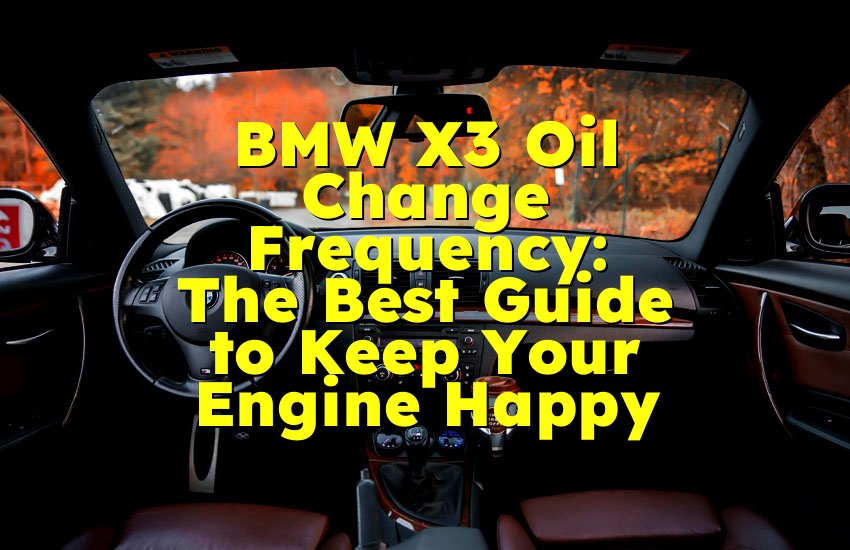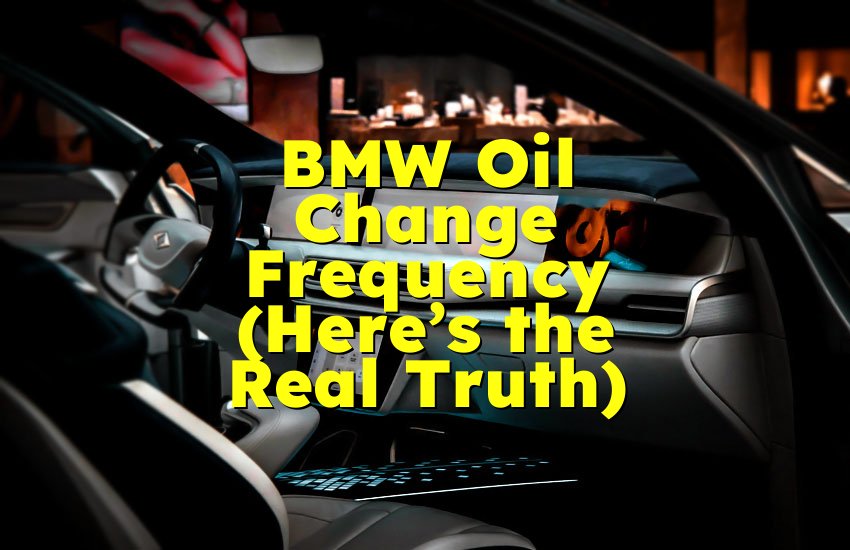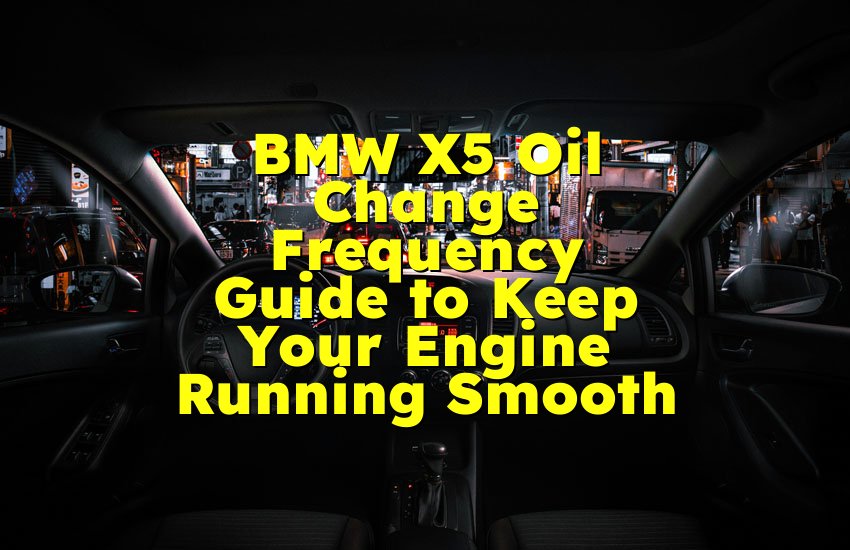As an Amazon Associate, I earn from qualifying purchases at no extra cost to you.
What Cause Of Dead Car Battery
The main cause of a dead car battery is often due to leaving lights on. This leads to draining the battery power.
A dead car battery can be a frustrating experience that can happen unexpectedly when you least expect it. Whether it’s leaving the lights on overnight or a failing alternator, understanding the common causes of dead car batteries can help you prevent future issues.
By knowing how to properly maintain your vehicle and regularly checking your battery’s health, you can avoid being stranded with a dead battery. We will explore the different reasons why car batteries die and provide you with tips on how to prevent it from happening.
:max_bytes(150000):strip_icc()/why-does-car-battery-die-4140227-ad907eef646446d6a1306940af16410a.jpg)
Credit: www.lifewire.com
1. Battery Age
The age of a car battery is a crucial factor that can significantly impact its performance. Over time, the battery undergoes a natural aging process and requires proper maintenance to ensure longevity and reliability.
1.1. Natural Aging Process
The natural aging process of a car battery is inevitable. As time progresses, the chemical reactions within the battery lead to a gradual decline in its capacity to hold a charge. This can result in decreased performance and eventually lead to a dead battery. Regular usage and exposure to extreme temperatures can also accelerate this aging process.
1.2. Improper Maintenance
Inadequate maintenance practices, such as neglecting regular inspections and failing to keep the battery clean and free from corrosion, can significantly reduce its lifespan. Improper charging and discharging can also contribute to premature battery failure. By neglecting these crucial maintenance tasks, the battery becomes more susceptible to sudden failures, leaving you stranded with a dead car battery when you least expect it.
2. Extreme Temperatures
Extreme temperatures can greatly impact the performance of a car battery.
2.1. Cold Weather Impact
Cold weather can cause batteries to lose power due to decreased chemical activity.
2.2. Hot Weather Impact
Hot temperatures can accelerate internal corrosion and fluid evaporation in batteries.
Also Read: Buzzing Sound Under Car When Off
3. Leaving Lights Or Electronics On
3. Leaving Lights or Electronics On
3.1. Interior Lights
Leaving interior lights on drains the battery quickly.
3.2. Headlights Or Parking Lights
Forgetting to turn off headlights or parking lights can lead to battery drainage.
3.3. Accessories
Accessories like charging cables, music players, or phone chargers left plugged in can drain the battery.
See Also: What Is A Dome Light In A Car
4. Electrical System Malfunctions
4. Electrical System Malfunctions
4.1. Alternator Issues
A common cause of a dead car battery can be related to alternator issues. The alternator is responsible for charging the battery as the vehicle runs. If the alternator is malfunctioning or failing, it may not provide sufficient charge to the battery, leading to a dead battery.
4.2. Faulty Wiring
Faulty wiring in the car’s electrical system can lead to a drain on the battery, causing it to eventually die. Damaged or corroded wiring can prevent the proper flow of electricity, resulting in battery drainage and potential failure.
4.3. Parasitic Draw
Parasitic draw refers to a situation where a car’s electrical system continues to draw power from the battery even when the ignition is off. This can be caused by malfunctioning components such as interior lights, aftermarket accessories, or faulty control modules, ultimately draining the battery.
6. Short Trips And Inactivity
Short trips and inactivity can also contribute to a dead car battery. Let’s explore two common causes under this category:
6.1. Inadequate Charging
When you frequently take short trips, your car’s battery may not have enough time to fully charge. This can result in an inadequate charge, especially if your vehicle’s charging system isn’t operating optimally.
Short trips typically involve driving for short distances, such as running errands around town or commuting to nearby destinations. In such cases, the alternator has limited time to recharge the battery fully. The constant activation of the starter motor and other electrical components can drain the battery’s power, preventing it from reaching its full capacity.
Additionally, factors like traffic congestion or frequent stops at traffic lights can worsen the situation by further limiting the alternator’s ability to charge the battery. This can lead to a gradual decrease in battery health over time.
To prevent inadequate charging due to short trips, it is recommended to periodically take your vehicle on longer drives. This will allow the alternator to operate at higher RPMs, enabling it to fully charge the battery. Engaging in longer trips at least once a week can help maintain the battery’s health and prevent unexpected dead battery situations.
6.2. Sulfation
Sulfation is another common issue associated with short trips and prolonged inactivity. It occurs when the battery remains in a discharged state for an extended period. During this time, the lead sulfate crystals in the battery enlarge and harden, reducing the battery’s overall capacity to hold a charge.
Short trips don’t provide enough time to fully charge the battery, leaving it partially discharged after each drive. Over time, the accumulation of lead sulfate crystals can hinder the battery’s ability to recharge properly, resulting in sulfation.
Sulfation leads to a variety of battery problems, including reduced capacity, longer charging times, and decreased efficiency. Eventually, it can lead to a dead battery that is incapable of holding a charge.
To prevent sulfation due to short trips and inactivity, it is essential to keep your battery charged as much as possible. If you know you won’t be driving your vehicle for an extended period, consider using a battery maintainer or trickle charger to keep the battery in good condition.
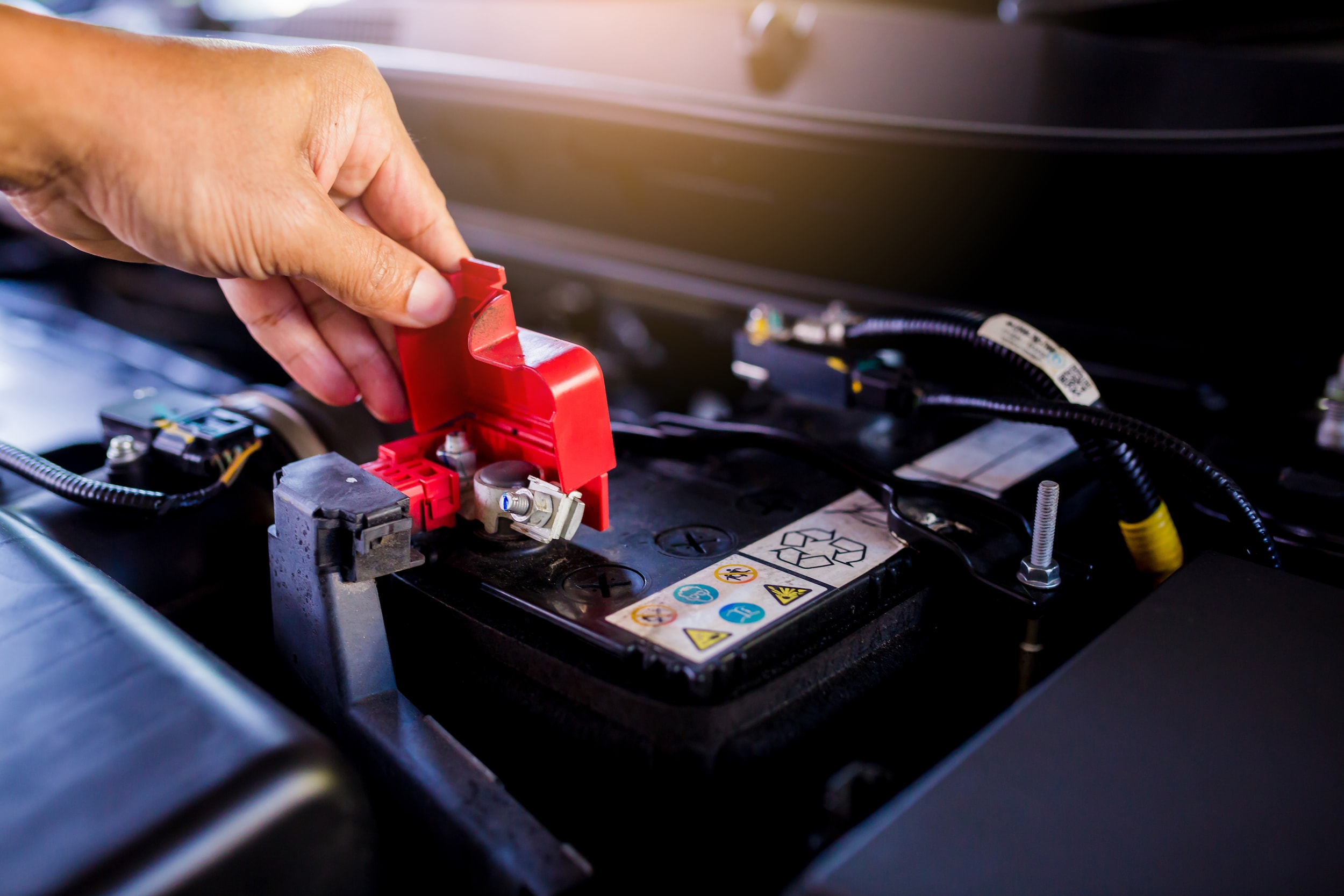
Credit: www.keyeschevy.com
7. Defective Battery
One common cause of a dead car battery is a defective battery. A defective battery can result from various factors, such as manufacturing defects or internal battery failures.
7.1. Manufacturing Defects
Manufacturing defects are a prime reason behind defective car batteries. During the production process, errors or faults may occur, leading to a battery that is likely to malfunction or die prematurely. These defects can range from improper electrode alignment to incorrect sealing, which can cause leakage or internal short circuits.
Additionally, flaws in the construction of the battery can also lead to issues. For instance, if the battery plates are not manufactured to the proper thickness or are of low quality, it can affect the battery’s overall performance and lifespan. These manufacturing defects can significantly impact the battery’s ability to hold a charge, resulting in frequent dead battery situations.
7.2. Internal Battery Failure
Internal battery failure is another factor that can contribute to a defective car battery and eventual failure. Over time, batteries can experience wear and tear, leading to internal components deteriorating or becoming damaged. This can occur due to factors like frequent deep discharges, exposure to extreme temperatures, or prolonged lack of use.
One common form of internal battery failure is sulfation. This occurs when a battery is repeatedly discharged and not fully recharged, leading to the accumulation of sulfate crystals on the battery plates. Over time, these crystals can build up and reduce the battery’s ability to hold a charge, eventually rendering it useless.
Faulty cell connections within the battery can also contribute to internal failure. If the connections between the battery’s cells become loose or corroded, it can disrupt the flow of electrical current and hinder the battery’s performance. This can result in insufficient charging and eventual battery failure.
In some cases, a defective battery may not show any symptoms initially, but over time its performance may deteriorate, leading to frequent dead battery situations. Regular battery maintenance, such as checking connections and monitoring charge levels, can help identify and prevent these problems from worsening.
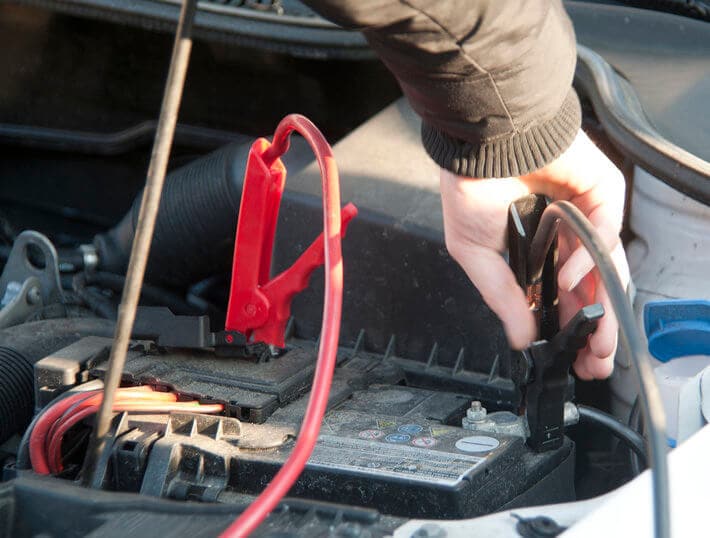
Credit: www.firestonecompleteautocare.com
Conclusion
Understanding the causes of a dead car battery can help prevent future inconveniences. Whether it’s extreme temperatures, old age, or drainage, being aware of these factors can make a significant difference in maintaining a healthy battery. By taking necessary precautions and regular maintenance, you can prolong your car battery’s lifespan.






